Symposiums
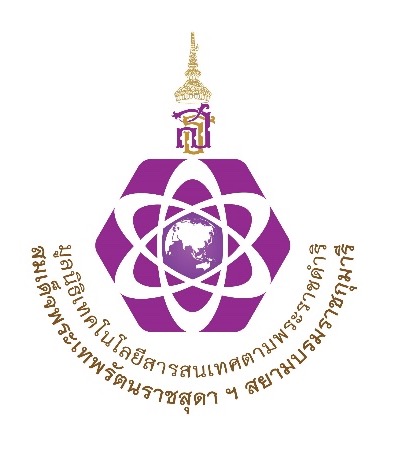
SYMPOSIUM SP1: Conference on Thailand - China Science and Technology Collaborations under Her Royal Highness’s Initiative
Symposium Chairs
Chair: Prof. Dr. Voranop Viyakarn
Co-Chair: Prof. Dr. Suchana Chavanich
This academic conference "Thailand-China Science and Technology Collaborations under Her Royal Highness Princess Maha Chakri Sirindhorn’s Initiative" is organized to commemorate two significant milestones: Her Royal Highness Princess Maha Chakri Sirindhorn’s 70th Birthday Anniversary (2 April 2025) and the 50th Year Anniversary of Thailand-China Diplomatic Relations in 2025. The event will take place from November 11-13, 2025, at Chulalongkorn University, Bangkok, Thailand, as part of the 51st International Congress on Science, Technology, and Technology-based Innovation (STT51).
The conference is jointly organized by the Information Technology Foundation under the Initiative of Her Royal Highness Princess Maha Chakri Sirindhorn, the Science Society of Thailand under the Patronage of His Majesty the King, the Faculty of Science at Chulalongkorn University, and other partner agencies. It features a symposium (November 11-12) and an exhibition (November 11-13), showcasing Thailand-China collaborations in science and technology under the initiative of Her Royal Highness Princess Maha Chakri Sirindhorn.
The program includes keynote speeches, plenary sessions, and parallel sessions covering wide ranges of collaboration topics including: nuclear fusion, climate science, particle physics, space and astronomy, polar research, geoinformatics, nanotechnology, AI and large language models, and human resources development in science and technology. Distinguished speakers from Thailand and China, including academics, researchers, and policymakers, will present their insights and advancements in these fields. The talks will showcase bilateral achievements and outline future pathways for scientific cooperation.
Highlights include:
- Opening remarks and keynote speeches by Her Royal Highness Princess Maha Chakri Sirindhorn, Dr. Zhang Xuejun, President of Changchun Institute of Optics, Chinese Academy of Science, and Thai Outstanding Scientists.
- Parallel sessions on topics such as JUNO/Particle Physics, Space and Astronomy, AI/Generative AI, and Polar Research.
- Panels on clean energy solutions and medical use of proton therapy.
- An exhibition showcasing collaborative projects and innovations.
This conference serves as a platform to strengthen Thailand-China scientific partnerships, foster innovation, and celebrate the shared achievements in science and technology under the initiative of Her Royal Highness Princess Maha Chakri Sirindhorn.
Synopsis of all Parallel Sessions:
[1] JUNO/Particle Physics:
This session highlights the collaborative efforts between Thailand and China in advancing particle physics research, focusing on the JUNO experiment (a research and development laboratory focusing on high-energy physics and particle astrophysics, particularly, the study pf neutrinos), BESIII research, and the development of related technologies. It underscores the shared commitment to scientific innovation and international collaboration in high-energy physics
[2] Space and Astronomy:
This session highlights the collaborative advancements between Thailand and China in space sciences and astronomy, focusing on areas such as Very Long Baseline Interferometry (VLBI), high-energy astrophysics, lunar exploration technologies, and the integration of big data and AI in astronomical research. It emphasizes the shared vision of fostering innovation and strengthening international partnerships in space exploration and scientific discovery.
[3] Geoinformatics research and Nanotechnology:
This session showcases the application of geoinformatics and nanotechnology in addressing regional challenges and advancing scientific innovation. It highlights applications in agricultural monitoring, the development of medical technologies, and pharmaceutical development, emphasizing the collaborative efforts between Thailand and China in leveraging cutting-edge technologies for societal and economic impact.
[4] S&T Human Resources Development and Scholarships:
This session focuses on fostering collaboration between Thailand and China in developing human resources in science and technology. It highlights scholarship programs under the Princess Sirindhorn IT Foundation, examples of educational initiatives, and capacity-building efforts aimed at strengthening bilateral ties and advancing scientific expertise.
[5] Nuclear Fusion and Climate Sciences Session:
This session highlights Thailand–China collaboration in the pursuit of sustainable energy and environmental resilience. It features progress on Thailand’s Tokamak-1 fusion project and China’s BEST reactor, alongside joint efforts in climate modeling and urban air quality studies. The session concludes with a high-level panel on the potential of Small Modular Reactors (SMRs) as a transitioning pathway to global clean energy, emphasizing cross-border knowledge transfer and strategic cooperation. It underscores the pivotal role of science and technology partnerships in addressing shared energy and environmental challenges.
[6] Accelerator Technology Session & Clinical Applications of Proton Therapy in Thailand:
This session presents key advancements in accelerator technology, focusing on systems successfully developed in-house and deployed for significant societal benefit. We will explore the journey from conceptual design to validated, real-world impact across medicine, agriculture, and fundamental research.
The session will feature the proton accelerator developed at the Shanghai Synchrotron Radiation Facility (SSRF), which has been fully implemented for practical cancer therapy in China, highlighting a complete technology pipeline from domestic research to vital public health service. Following this, the focus will shift to a linear accelerator (linac) engineered for agricultural sterilization. This segment will detail its entire in-house creation and commissioning, presenting validated results on its success in enhancing food safety. The session will also cover the advanced analytical capabilities at the National Astronomical Research Institute of Thailand (NARIT) and the Synchrotron Light Research Institute (SLRI), where Scanning Electron Microscopy (SEM) and Accelerator Mass Spectrometry (AMS) serve as critical infrastructure driving fundamental scientific discovery.
To bring these themes together, the session concludes with a panel discussion on the medical use of proton therapy in Thailand. This discussion will connect the global advancements in accelerator engineering directly to local clinical applications, underscoring the role of shared expertise and innovation in building high-impact scientific infrastructure.
[7] Artificial Intelligence (AI)/Large Language Model and Generative AI:
This session brings together AI experts from Thailand and China to explore strategic directions for regional collaboration in artificial intelligence, with a focus on Large Language Models (LLMs) and Generative AI. It will examine global trends in AI development and governance, showcase China’s advancements in LLMs, highlight Thailand’s ThaiLLM initiative for locally adapted models, and discuss real-world applications of generative AI across industries. The session aims to foster knowledge exchange, address ethical and regulatory challenges, and strengthen bilateral cooperation for responsible and impactful AI innovation.
[8] Polar Research:
This session focuses on strengthening Thailand–China cooperation in polar science to address global environmental challenges. It features discussions on China’s strategic vision and leadership in Arctic and Antarctic research, including sustainable exploration and international collaboration. Thai experts contribute perspectives on the country’s growing role in polar studies, emphasizing past cooperation and future opportunities. The session highlights the importance of joint research in understanding climate change, fostering scientific exchange, and promoting sustainability in the Earth’s polar regions.

SYMPOSIUM SP3: NexGen Energy: Storage and Conversion for Sustainability
Symposium Chairs
Chair: Asst. Prof. Dr. Jitti Kasemchainan
Co-Chair: Dr. Pinit Kidkhunthod
Co-Chair: Dr. Priew Eiamlamai
Co-Chair: Assoc. Prof. Dr. Rojana Pornprasertsuk
Co-Chair: Asst. Prof. Dr. Jiaqian Qin
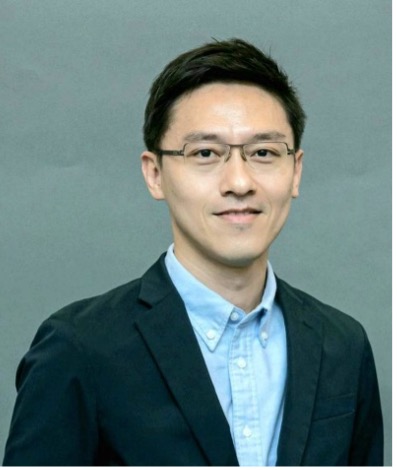
SYMPOSIUM SP4: Biorefinery
Symposium Chairs
Chair: Prof. Dr. Chawalit Ngamcharussrivichai
Co-Chair: Asst. Prof. Dr. Duangamol N. Tungasmita
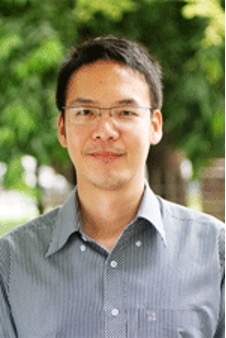
SYMPOSIUM SP5: Genome Editing and Synthetic Biology
[ARTICLE SUBMISSION IS NOT AVAILABLE FOR THIS SYMPOSIUM]
Symposium Chairs
Chair: Prof. Dr. Supaart Sirikantaramas
Co-Chair: Prof. Dr. Teerapong Buaboocha
Co-Chair: Asst. Prof. Dr. Natapol Pornputtapong
Co-Chair: Dr. Chayasith Uttamapinant
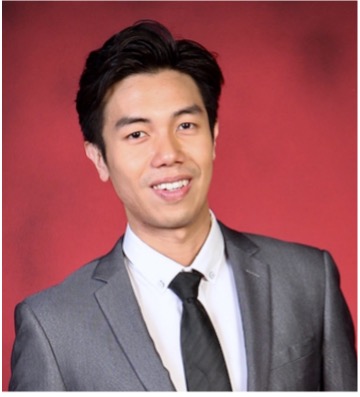
SYMPOSIUM SP6: Navigating the Quantum Frontier
[ARTICLE SUBMISSION IS NOT AVAILABLE FOR THIS SYMPOSIUM]
Symposium Chairs
Chair: Asst. Prof. Dr. Thiparat Chotibut
Co-Chair: Asst. Prof. Dr. Salinporn Kittiwatanakul
Co-Chair: Dr. Supanut Thanasilp

SYMPOSIUM SP7: Colour Science/Technology, Light and Applications
Symposium Chairs
Chair: Prof. Dr. Shigeki Nakauchi
Co-Chair: Assoc. Prof. Dr. Pichayada Katemake
Co-Chair: Assoc .Prof. Dr. Chanprapha Phuangsuwan

SYMPOSIUM SP8: Cultural Heritage: Traditional/Digital Color
Symposium Chairs
Chair: Prof. Dr. Shigeki Nakauchi
Co-Chair: Assoc. Prof. Dr. Pichayada Katemake
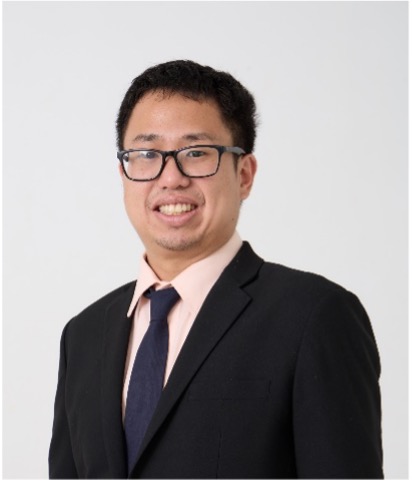
SYMPOSIUM SP9: Exploring the Cosmos: Advances in Observational and Theoretical Astrophysics
Symposium Chairs
Chair: Dr. Taweewat Somboonpanyakul
Co-Chair: Dr. Nicha Leethochawalit
Co-Chair: Dr. Krittapas Chanchaiworawit
Co-Chair: Dr. Thanawuth Thanathibodee
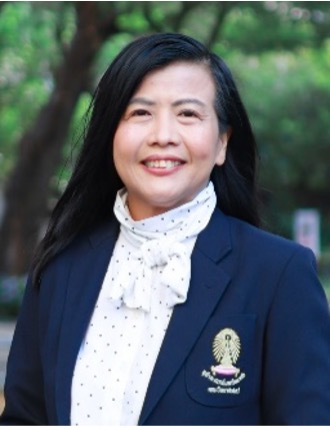
SYMPOSIUM SP10: X-Ray Crystallography
Symposium Chairs
Chair: Prof. Dr. Nongnuj Muangsin
Co-Chair: Assoc. Prof. Dr. Kuakarun Krusong
Co-Chair: Assoc. Prof. Dr. Kittipong Chainok
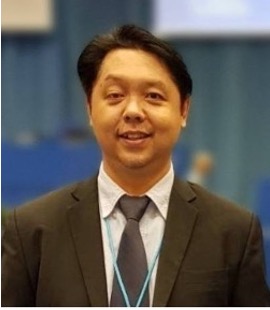
SYMPOSIUM SP11: Radioecology and Environmental Radioactivity
Symposium Chairs
Chair: Dr. Yutthana Tumnoi
Co-Chair: Dr. Wipada Ngansom
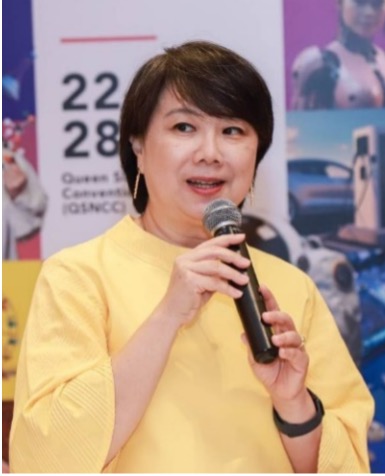
SYMPOSIUM SP12: The 2nd International Symposium of Science Communication and Public Science Literacy
Symposium Chairs
Chair: Dr. Ganigar Chen
Co-Chair: Mr. Mark Ivan Coronado Roblas

SYMPOSIUM SP13: Nature-based Solutions for Climate Mitigation
[ARTICLE SUBMISSION IS NOT AVAILABLE FOR THIS SYMPOSIUM]
Symposium Chairs
Chair: Prof. Dr. Anchana Prathep
Co-Chair: Asst. Prof. Dr. Tassanee Jiaphasuanan
Co-Chair: Dr. Milica Stankovic
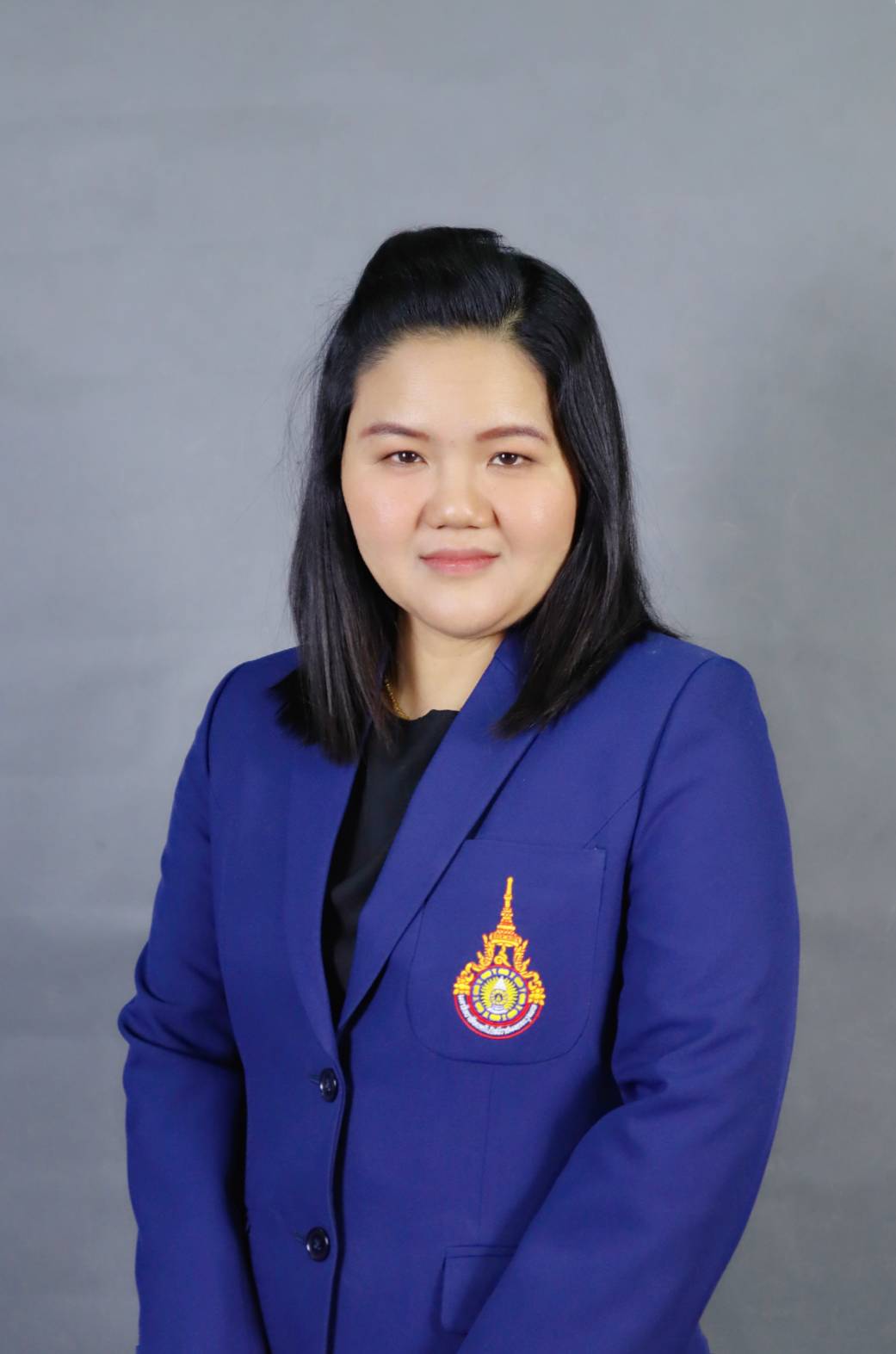
SYMPOSIUM SP14: Valorization of biomass-related wastes
Symposium Chairs
Chair: Assoc. Prof. Dr. Kanokwan Ngaosuwan
Co-Chair: Prof. Dr. Tetsuya Kida
Co-Chair: Assoc. Prof. Dr. Weerinda Mens
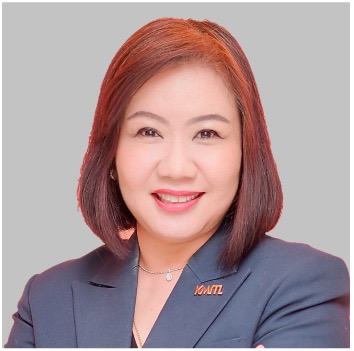
SYMPOSIUM SP15: Empowering Science Educators for Global Challenges
[ARTICLE SUBMISSION IS NOT AVAILABLE FOR THIS SYMPOSIUM]
Symposium Chairs
Chair: Assoc. Prof. Dr. Punnama Siriphannon
Co-Chair: Asst. Prof. Dr. Ubonwan Hongwityakorn
Co-Chair: Dr. Phuriwat Khamaikawin
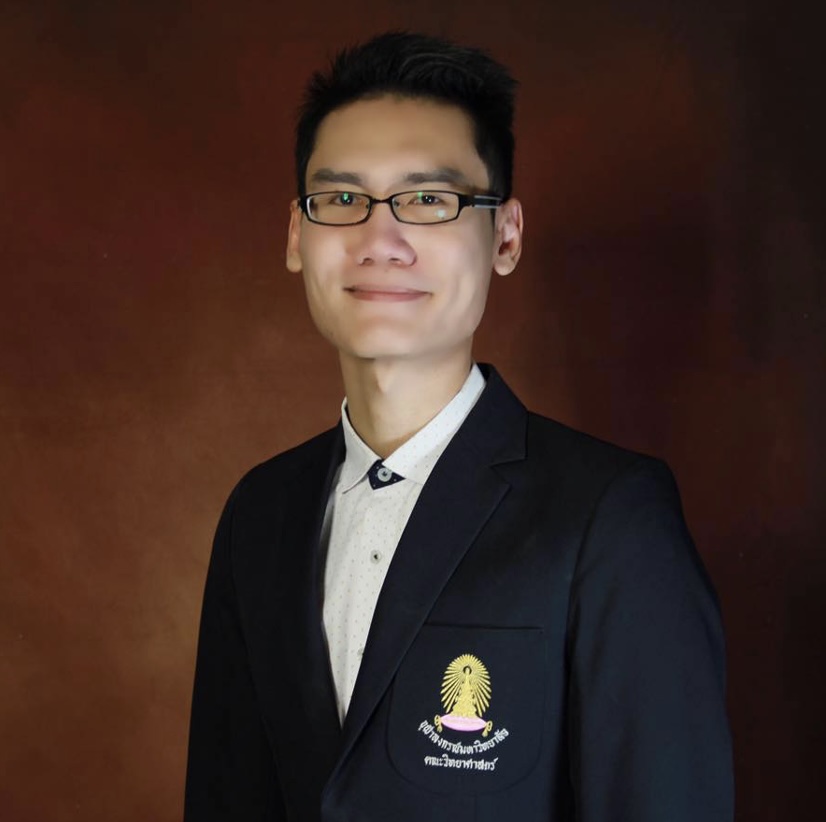
SYMPOSIUM SP16: Young Rising Stars of Science 2025 (YRSS) & Junior Young Rising Stars of Science Award 2025 (JYRSS)
Symposium Chairs
Chair: Assoc. Prof. Dr. Kitipong Assatarakul
Co-Chair: Assoc. Prof. Dr. Athipat Thamrongthanyalak
Co-Chair: Asst. Prof. Dr. Pumidech Puthongkham
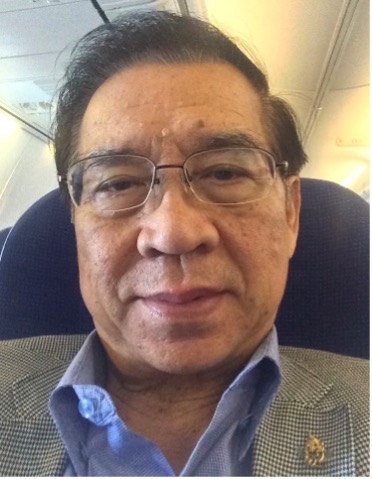
SYMPOSIUM SP17: Science Popularization for Sustainable Community Development
[ARTICLE SUBMISSION IS NOT AVAILABLE FOR THIS SYMPOSIUM]
Symposium Chairs
Chair: Assoc. Prof. Dr. Songsak Srianujata
Co-Chair: Dr. Sarawut Siriwong
Co-Chair: Ms. Monthida Sitathani